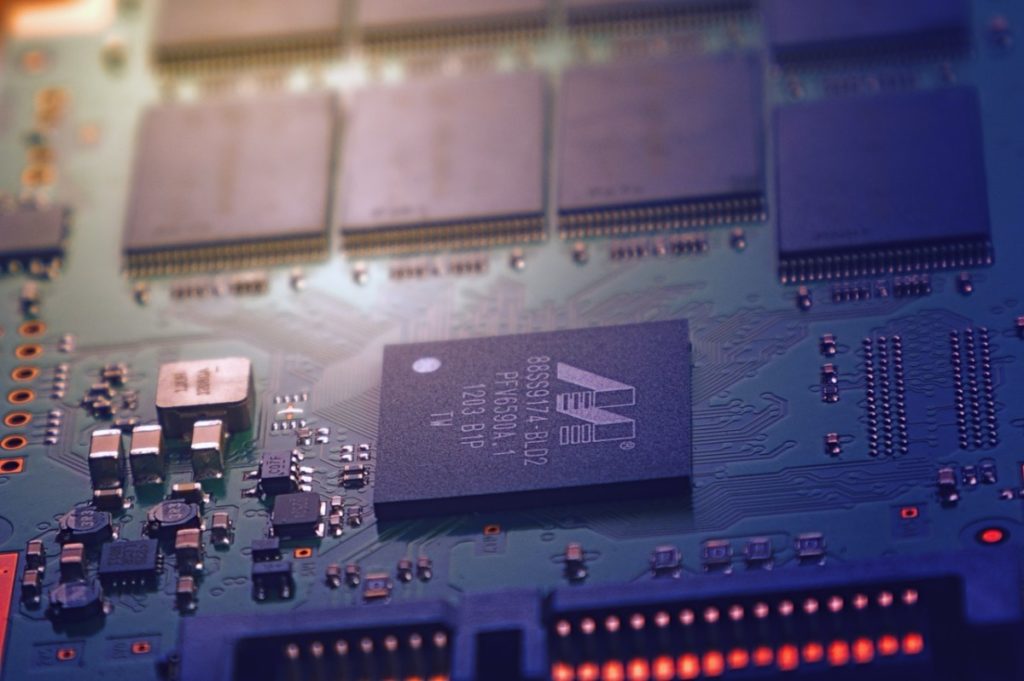The speed of technological developments manifests in ways that can impact our lives immediately. Yet humans are good at acclimating to change.
In the workplace, we’ve been using digital tech for years now. Companies like Volumetric Technologies have been making automated production line equipment for over a quarter-century. Office workers routinely use different hardware, operating systems, apps, and the Internet.
Familiarity makes it easier for employees to handle each new release or upgrade to our systems and machinery.
However, acclimation isn’t the same as evolution. The former is simply getting used to change. The latter involves an active response to stay on top of the latest developments.
Just because your people are comfortable with the digital doesn’t mean they are prepared to handle a paradigm shift. Industry 4.0 is coming. Our tech is already changing, and the way we use it must also evolve.
It’s human to worry
Throughout history, technological innovation has driven our society to evolve. Our degree of cultural development is directly related to the amount of energy we can harness.
Better tools for hunting and farming helped to stabilize larger populations, which led to increasingly complex societies. Such developments haven’t always been gradual. Over the past three centuries, they have taken place in leaps and bounds, defined by the four Industrial Revolutions.
Alongside these changes, people have always expressed concern for the displacement of labor. This reluctance helps explain the gap between the knitting machine’s invention in 1589 and the beginning of the First Industrial Revolution in the 18th century.
Today, we’re familiar with employee concerns about robots taking over their jobs. But as history shows, such worries are intrinsic to our collective progress. Modern organizations can ill-afford having this natural resistance to change prevent them from keeping pace with the changing times.
Leaders need to reassure workers that there is a path to transition that includes them and reserves a place for them in tomorrow’s workplace.
And with that promise, we need to play an active role in equipping them with the skills that will enable them to be competent in these new roles.

A learning challenge
For many employers, however, there’s still a gap in awareness regarding what skills are needed.
We assume that the future of the industry is just going to be more technically sophisticated. If that’s the case, then having a tech-savvy workforce should be enough, right?
This fundamentally misunderstands the nature of Industry 4.0, though. It’s not about electronics, which were integral to the Third Revolution, and have already been a staple of work for decades.
The Fourth Revolution is about automation and connectivity. It will use digitalization to empower organizations with cyber-physical systems. The emphasis here is on the interaction between humans and machines.
Technical competencies are only part of that equation. Workers must also master essential human skills such as critical thinking, problem-solving, and creativity. They need to develop a learning mindset.
Unfortunately, adults frequently struggle in this very aspect of personal development. When offered continued education or training by their employer, one in five adults won’t participate, citing factors such as a lack of motivation or finding no meaning in the content. And even participation doesn’t necessarily equate to learning.
Facilitating evolution
Leaders are in a position to make a difference. You can start by developing a greater understanding of what skills are missing from your workforce to transition to Industry 4.0. Then, anticipate that there will be difficulties involved in learning and make the necessary adjustments.
Studies show that design-based education or training programs are more effective in terms of adult learning outcomes. As we mature, we don’t just use new tech or processes that our organizations are rolling out. We need to be convinced that these will bring us an advantage to be motivated to learn.
This means that content must be provided within the appropriate context. If workers are to interact with AI, they need to truly grasp its capabilities and relevance to what they do. That will facilitate their adaptation into a better complementary partner for the tech of the future.
Evolution also has to take place within organizations themselves. Company culture must undergo a parallel transformation to the shift in technology. We need to give employees an environment where failure isn’t something to be avoided at all costs, out of fear of punishment.
Emphasize that failure creates learning opportunities. Inculcate a growth mindset in every individual. Do this, and you can avoid the constant search for fresh talent by helping your existing team evolve into an Industry 4.0-compatible workforce.







